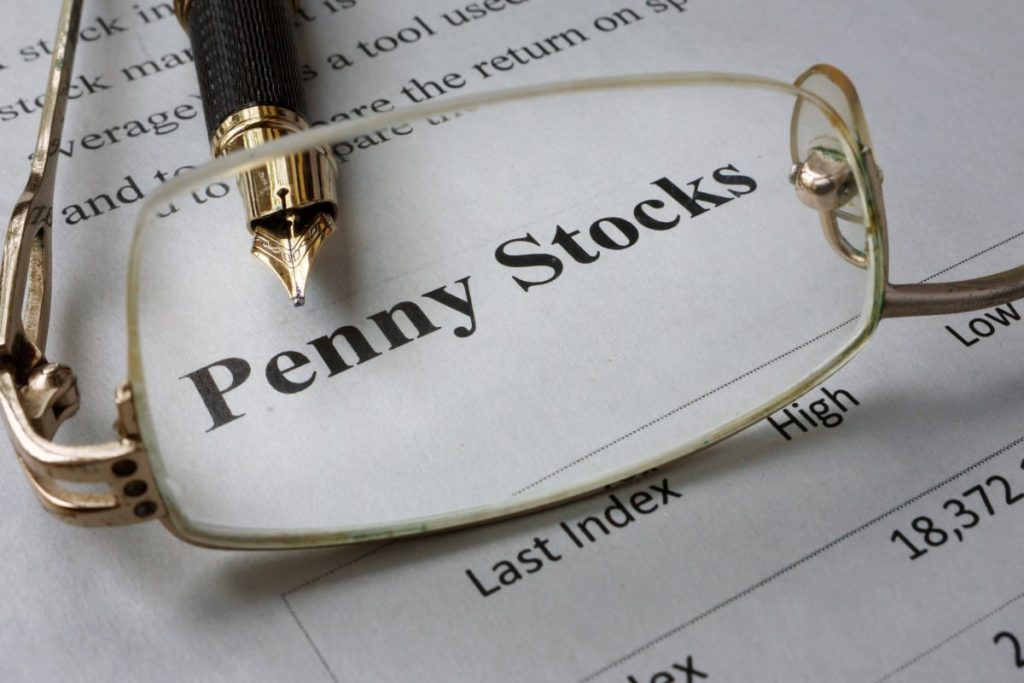
Are penny stocks good choice for investing stimulus checks?
The U.S. central bank and the Federal Reserve have been quite generous with the coronavirus stimulus aid. American citizens have been receiving checks for several months ever since the pandemic lockdowns forced millions of people to stay at home and either work remotely or depend on government aid.
The U.S. government approved the latest Covid-19 relief bill weeks ago. According to officials, individuals earning $75,000 or less per year will receive a $1,400 stimulus check, while married couples are eligible for a total of $2,800. Furthermore, citizens are entitled to an additional $1,400 for each dependent.
While many people and families desperately need this money to put food on the table and pay rent, there are those who can afford to use this money for investments. If you don’t have a substantial emergency fund, it may be wiser to move your stimulus money into a savings account. However, if you don’t need these checks for daily expenses and already have saved enough to weather lean times, then you should consider investing this cash. The question is where? Which investment will be good, sound, and profitable?
There are so many choices, and some of them seem really attractive. Take penny stocks, for example. Those are stocks that trade for less than $5 per share. The majority of them trade for $1 or less per share, and with the promise of robust gains, they often attract investors with little funds.
Why are penny stocks so appealing, and what are the risks of such investments?
Popular stocks, such as Facebook or Amazon, are trading for hundreds or thousands of dollars per share. So, not all investors have a budget to get in the game. If you had only $1,400 to invest, you would be able to acquire one or two shares of a more expensive stock. However, with that amount, you could buy thousands of shares of penny stocks.
Still, there is the reason why penny stocks are trading for such a low price. They’re very dangerous investments, so investors risk losing more than they gain. There are several risk factors you should consider before deciding to sink money in penny stocks.
Such stocks are harder to research
Companies issuing penny stocks are usually smaller businesses. As a result, they often don’t have a long track record, and it’s hard to determine whether they’re solid businesses. Unfortunately, it’s nearly impossible to tell whether the stock you’re investing in is a winner or a loser without that knowledge.
Fluctuating stock prices
Penny stock prices often fluctuate wildly. That means they can potentially tumble down and lose most of the value overnight.
They are sometimes harder to sell
Most investors try to avoid penny stocks if they have enough budget for other shares. So, you might not find buyers easily if you decide to sell your shares. Furthermore, the stock’s price could drop dramatically by the time you are able to sell.
Still, that doesn’t mean that you can’t make money by investing in penny stocks. You will just face more risk than you would if you have chosen a more stable stock.
Are there better choices for the same amount of money?
Yes, there are definitely other choices on the market. It’s still possible to invest in major stocks even if you don’t have much money. You could become a shareholder through fractional shares.
Investing in fractional shares means that you’re buying in just a small portion of a single share of stock. As you see, it’s possible to invest in stocks like Amazon, Facebook, or Tesla for as little as $1.
Besides, investing in fractional shares has more benefits compared to penny stocks. While the latter is affordable, the companies they represent are often risky. On the other hand, if you choose fractional shares, you will be investing in solid, healthy companies at a lower price.


